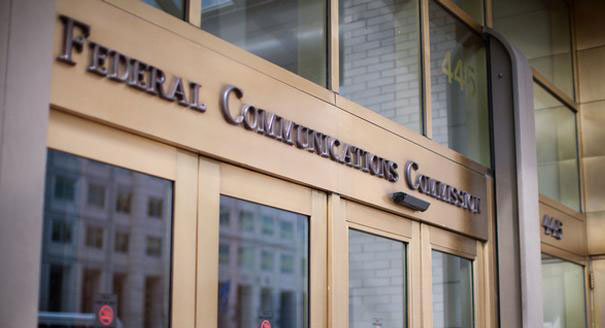An issue that has been bubbling up in Washington for nearly a decade is the question of “net neutrality”. The concept has taken on many forms over the years but basically boils down to whether an internet service provider can or cannot provide special treatment of certain web traffic over other web traffic. For a current example, see the battle between Netflix and many service providers around the country.
As a political issue, the question seems to fall on whether you believe internet service providers should be more regulated (in favor of net neutrality) in how they treat certain traffic versus a more hands-off approach (opposed to net neutrality) letting the market and private companies decide for themselves.
Report and candidates positions from The Hill:
A handful of potential 2016 candidates are rushing to define their position on net neutrality following President Obama’s call for the Federal Communications Commission to impose tougher regulations.
Sen. Ted Cruz (Texas) was one of the first out of the gate, quickly tying Obama’s proposal to treat the Internet like other public utilities to ObamaCare.
“The biggest regulatory threat to the Internet is net neutrality,” he said. “In short, net neutrality is Obamacare for the Internet.”
[Emphasis added]Obama said the FCC should impose regulations that would prevent some companies from purchasing faster Internet lanes to deliver their services. His comments were seen as a strong defense for net neutrality.
The issue is not expected to play a significant role in the 2016 presidential election, but activists on both sides said the issue is important to base voters in both parties.
…
Other 2016 contenders weighed in this week as well. Sen. Marco Rubio (R-Fla.) expressed opposition, while Sens. Bernie Sanders (D-Vt.) and Elizabeth Warren (D-Mass.), and Maryland Gov. Martin O’Malley (D) supported the president.
Others, including Hillary Clinton, the front-runner for the Democratic nomination, have not taken a position. Sen. Rand Paul’s (R-Ky.) office did not respond for a request for comment. [Emphasis added]
As you can see, the current distinction is between ideological lines though some GOP candidates have reserved judgment, for now. This issue, while not a front-burner issue in 2016, could very well be legislated in coming years and potential end up at the Supreme Court.
Donate Now to Support Election Central
- Help defend independent journalism
- Directly support this website and our efforts
